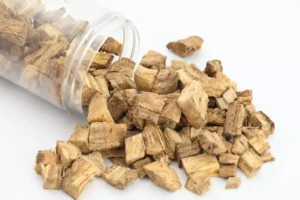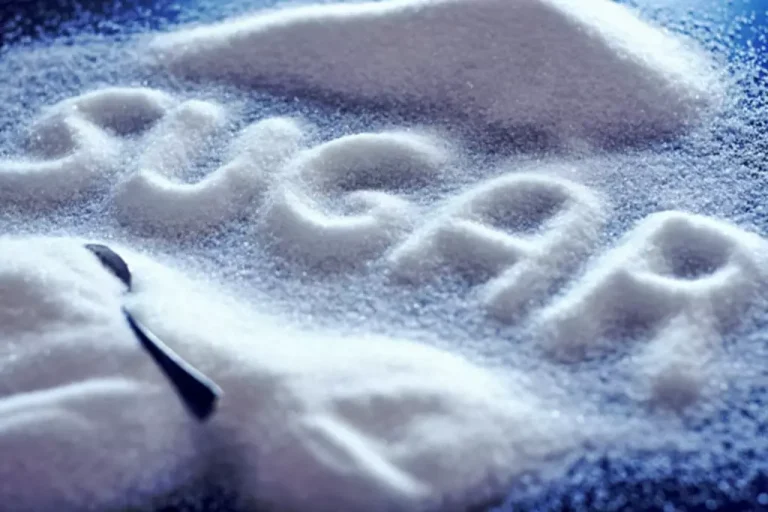Your gut microbiome is a hotbed of bacteria that help keep your digestive system happy and healthy. The trillions of microbes in your colon and large and small intestines are critical to proper digestion. In reality, there’s no evidence that drinking beer (or your alcoholic beverages of choice) actually contributes to belly fat. Hospitalizations and fatality rates from confirmed COVID-19 infections have decreased remarkably worldwide since 2020. In the end, coping with a COVID-19 infection physically and emotionally varies from person to person. Be proactive in your care, and do not hesitate to contact a provider for specific guidance on nutrition or physical activity.
- In vivo studies have confirmed that binge drinking with a blood alcohol concentration (BAC) of approximately 0.4% can reduce the production of various inflammatory cytokines including interleukin-6 (IL-6), IL-10, and IL-12.
- Hormone levels also affect the body’s ability to process alcohol, and women will experience higher blood alcohol concentration (BAC) drinking a regular amount of alcohol before menstruation.
- As with most things in life, the arrow points to “moderation” (unless you are in a high-risk group due to poor health or pregnancy).
- Similarly, consumption of 10% (w/v) ethanol in tap water ad libitum for 2 days in mice resulted in decreased bone marrow DC generation, decreased expression of CD80 and CD86, impaired induction of T cell proliferation, and a decrease in IL-12 production (Lau, Abe et al. 2006).
- These observations suggest that immune defects seen in individuals with AUD could also be mediated by nutritional deficiencies in addition to barrier defects and functional changes in immune cells.
- The redness and swelling that you see is the result of your body sending more blood to provide nutrients to the site of injury.
How Does Alcohol Affect Immune Health?
This can result in heightened cravings for alcohol that can lead to alcohol addiction, Sarkar explains. Still, some experts argue the immune risks don’t mean you have to quit lockdown happy hour completely. If you want does alcohol weaken your immune system to play Ina Garten and have a Cosmo, or Stanley Tucci and have a Negroni, that’s fine. Some research even suggests that a few libations — 1 drink a day for women and 2 a day for men — may even boost the immune system.
- Changes persisted at least 30 days after alcohol exposure suggestive of longlasting consequences of ethanol on microglia function (McClain, Morris et al. 2011).
- Several studies have also shown that the lungs are highly vulnerable to the effects of alcohol.
- In Sprague Dawley rats exposed to 25% (w/v) ethanol via intragastric gavage every 8 hours for 4 days, increased activation and proliferation of microglia as evidenced by morphological changes and BrdU incorporation were observed in the hippocampus (McClain, Morris et al. 2011).
- “After an episode of binge drinking, the ability of the innate immune system — the first line of defense in the body for detecting and destroying foreign invaders — to fight infections is reduced,” Koob says.
- “With COVID-19, alcohol is likely to interfere with an individual’s ability to clear SARS-CoV-2 and cause people to suffer worse outcomes, including ARDS, which commonly results in death,” Edelman said.
Other risks
Just having anxious thoughts can weaken your immune response in as little as 30 minutes. Constant stress takes an even bigger toll and makes it harder to fend off the flu, herpes, shingles, and other viruses. Talk to your doctor if you can’t shake your worry or if it gets in the way of normal life. Supplements like glutathione, for example, may help alleviate symptoms of autoimmune disease. Some people living with these chronic conditions do everything they can to stave off inflammation and brain fog. They eat organic foods, stand on their heads, and eschew sugar in favor of vegetables.
The health benefits of avocados
A lack of sleep can also affect how long it takes for a person to recover if they do get sick, according to the Mayo Clinic. If you experience any of these symptoms, you may want to consider talking with your healthcare provider. Alcoholics Anonymous is available almost everywhere and provides a place to openly and nonjudgmentally discuss alcohol issues with others who have alcohol use disorder. Cirrhosis, on the other hand, is irreversible and can lead to liver failure and liver cancer, even if you abstain from alcohol.
But more recent research suggests there’s really no “safe” amount of alcohol since even moderate drinking can negatively impact brain health. Alcohol–immune interactions also may affect the development and progression of certain cancers. Meadows and Zhang discuss specific mechanisms through which alcohol interferes with the body’s immune defense against cancer. They note, too, that a fully functioning immune system is vital to the success of conventional chemotherapy. The clinical management of all of these conditions may be more challenging in individuals who misuse alcohol because of coexisting immune impairment. Monocytes express Toll-like receptor (TLR) 4, the PRR that is often responsible for recognizing LPS on the surface of Gram-negative bacteria.
Your body needs to focus all of its energy on the recovery and healing process. People who drink heavily over a long period of time are also more likely to develop pneumonia or tuberculosis than the general population. The World Health Organization (WHO) links about 8.1 percent of all tuberculosis cases worldwide to alcohol consumption. Over time, drinking can also damage your frontal lobe, the part of the brain responsible for executive functions, like abstract reasoning, decision making, social behavior, and performance. Slurred speech, a key sign of intoxication, happens because alcohol reduces communication between your brain and body. This makes speech and coordination — think reaction time and balance — more difficult.
Risk factors for alcohol use disorder
Those who have any of the known risk factors for COVID-19, like heart disease or diabetes, should drink even less. The World Health Organization (WHO) and U.S. surgeon general have warned people to avoid drinking too much alcohol during the COVID-19 pandemic. For those who have a risk factor for COVID-19, like heart disease or diabetes, he recommends drinking even less. According to the Cleveland Clinic, once you take a sip of alcohol, your body prioritizes breaking down alcohol over several other bodily functions. The body doesn’t have a way to store alcohol like it does with carbohydrates and fats, so it has to immediately send it to the liver, where it’s metabolized.


